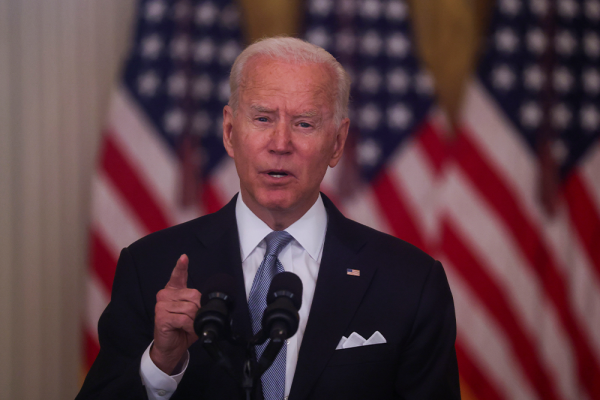Aug 16, 2021
On Monday, as the Taliban took over many parts of Afghanistan, President Joe Biden announced the United States intends to “transport out thousands of American citizens and civilian personnel,” as well as Afghans who are eligible for Special Immigrant Visas (SIV) and their families.
Read the Full Article

Already a subscriber? Login
